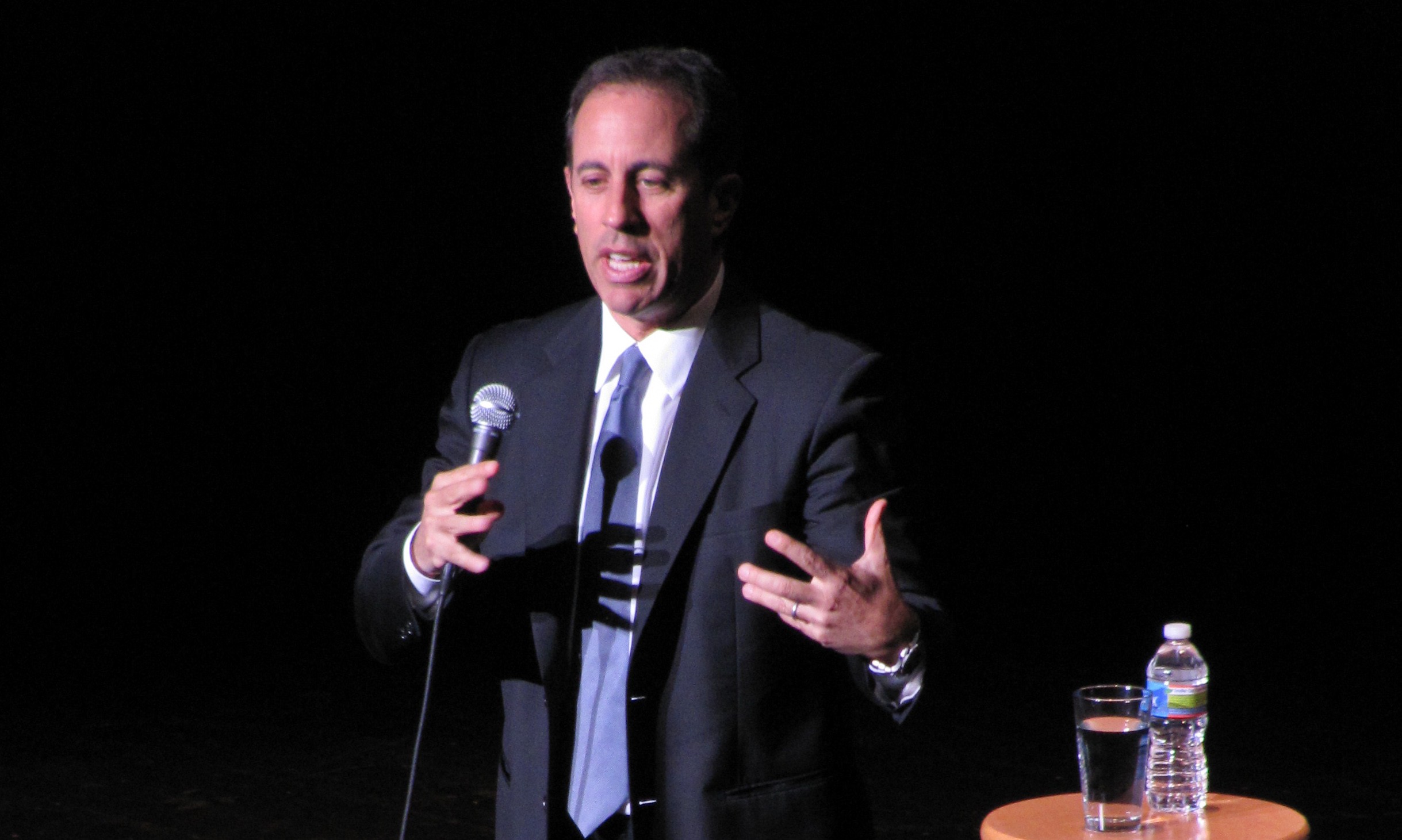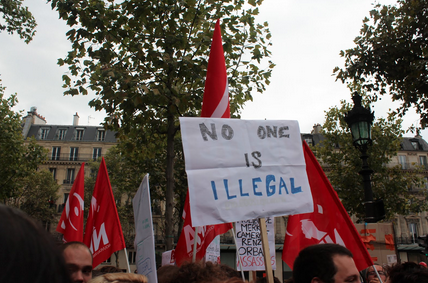“I’m just joking” is a byline in everyday conversation. Stereotypes are fair game, as long as you tack on a “jk” at the end. “I’m not racist/homophobic/sexist, but…” is a red flag unnoticed by most. We are constantly congratulating ourselves on being a society with the absence of widespread prejudice. But this supposed disconnect between intent and language contradicts itself.
Now, many comedians (and other people who think they’re funny) will say that an inherent necessity in humor is offending people. I am not necessarily attacking this idea – offending people and being offensive are two different actions. With the diversity of people’s experiences, it is, indeed, nearly impossible to always avoid offending people.
Being offensive, however, is somewhat objective – you can be offensive even if no one in your audience is offended. An offensive statement exploits a prejudice or addresses a painful topic in a tasteless manner. A joke about sexual assault, or about a stereotype of an oppressed group, is offensive even if everyone in the room laughs. The approval of a token minority friend does not somehow mitigate this. Having one black friend does not somehow allow you to say the N-word.
Comedy has capitalized on stereotypes of marginalized people for decades, even centuries. Loudly and widely touted as freedom of speech at its best, it is applauded for being subversive, for fighting against the norm, for offering new perspectives, for saying what no one else dares to.
What does that say about us as a society? We take the statements and ideologies we have evolved to supposedly condemn, and proceed to put them in a setting where they are suddenly acceptable again. Apparently, characterizing this as “comedy” can make it okay to laugh at what would and should ordinarily be characterized as prejudice and bigotry. The assumption that everyone knows you’re joking makes it alright to make a rape joke, or drop “kill yourself” in everyday conversation. The fact that people find this offensive does not mean they lack a sense of humor – it means you need to find a new one.
This leads to an important distinction. Recently, our president was quoted as saying that the new generation of Americans is “coddled,” that he would encourage young people to keep an open mind and listen to perspectives different from their own.[1] This was a contribution to an existing widespread discussion on college students and their so-called oversensitivity and political correctness. This discussion included a column in Vox by an anonymous self-proclaimed liberal Midwest professor who revealed his fear of being branded as offensive by his liberal students and fired.[2] I would argue that his fear of losing his job was more due to a flawed education system that devalues its teachers, but that is beside the point.
This article was shared by many liberal young people as a way to combat this “coddling” of the American mind, to make a profound statement about open-mindedness. “Look how self-aware we are! See, we’re reasonable and open to constructive criticism about our community, even as fellow liberals.” Except this statement completely and utterly missed the point. Are there people that police language and content to avoid any difference of opinion? Absolutely. Is this THE widespread liberal problem? Not at all.
The discussion from this article and Obama’s comments led to another piece, talking about how the youth of today use “trigger warnings” as a way to avoid constructive conversation and debate.[3] This is not only an inaccurate assumption about the relevance of trigger warnings, it is downright dangerous.
Emotional triggers are a mental health term – they definitely exist. Domestic violence survivors, for example, have acute and painful flashbacks in response to certain innocuous triggers, like a song or even a smell.[4] Equating a mental and emotional after-effect of trauma with a refusal to discuss controversial topics is generalizing to the extreme. And the use of the term “microaggression,” which refers to a well-intentioned passive comment that makes offensive assumptions, is not just a last resort of the easily offended – it is a reaction of marginalized people to centuries of belittlement and systematic prejudice.
Bringing up mental health issues and racial prejudice in the context of everyday interaction is characterized by some as an unreasonable social justice expectation and unfair accusation of prejudice. Language policing and political correctness have gained a somewhat negative connotation. However, the emergence of identity politics indicates that groups previously considered “special interest” (i.e. people of color, the LGBTQ community, the disabled, women) are finally receiving the occasional opportunity to contribute their perspective. Majority groups have always feared threats to the norm because in its absence, they would lose their position of privilege.
The prevalence of identity politics in the mainstream conversation is indicative of an evolution in society – not towards a fear of alternate perspective, but towards an increased public consciousness. Towards an inclusive worldview that deviates from that of straight rich white men. And to the Jerry Seinfelds who argue that political correctness will lead us to ruin, I would offer an alternative conclusion. If the younger generation isn’t interested in your brand of humor anymore, maybe it’s not because they’re coddled and oversensitive. Maybe you’re just not funny.
References:
[1] Ross, Janell. “Obama Says Liberal College Students Should Not Be ‘Coddled.’ Are We Really Surprised?” The Washington Post. September 15, 2015. Accessed September 21, 2015. http://www.washingtonpost.com/news/the-fix/wp/2015/09/15/obama-says-liberal-college-students-should-not-be-coddled-are-we-really-surprised/.
[2] Schlosser, Edward. “I’m a Liberal Professor, and My Liberal Students Terrify Me.” Vox. June 3, 2015. Accessed September 20, 2015. http://www.vox.com/2015/6/3/8706323/college-professor-afraid.
[3] Lukianoff, Greg and Jonathan Haidt. “The Coddling of the American Mind.” The Atlantic. September 2015. Accessed September 20, 2015. http://www.theatlantic.com/magazine/archive/2015/09/the-coddling-of-the-american-mind/399356/.
[4] “What is a Trigger?” PsychCentral. January 30, 2013. Accessed October 2, 2015. http://psychcentral.com/lib/what-is-a-trigger/.



